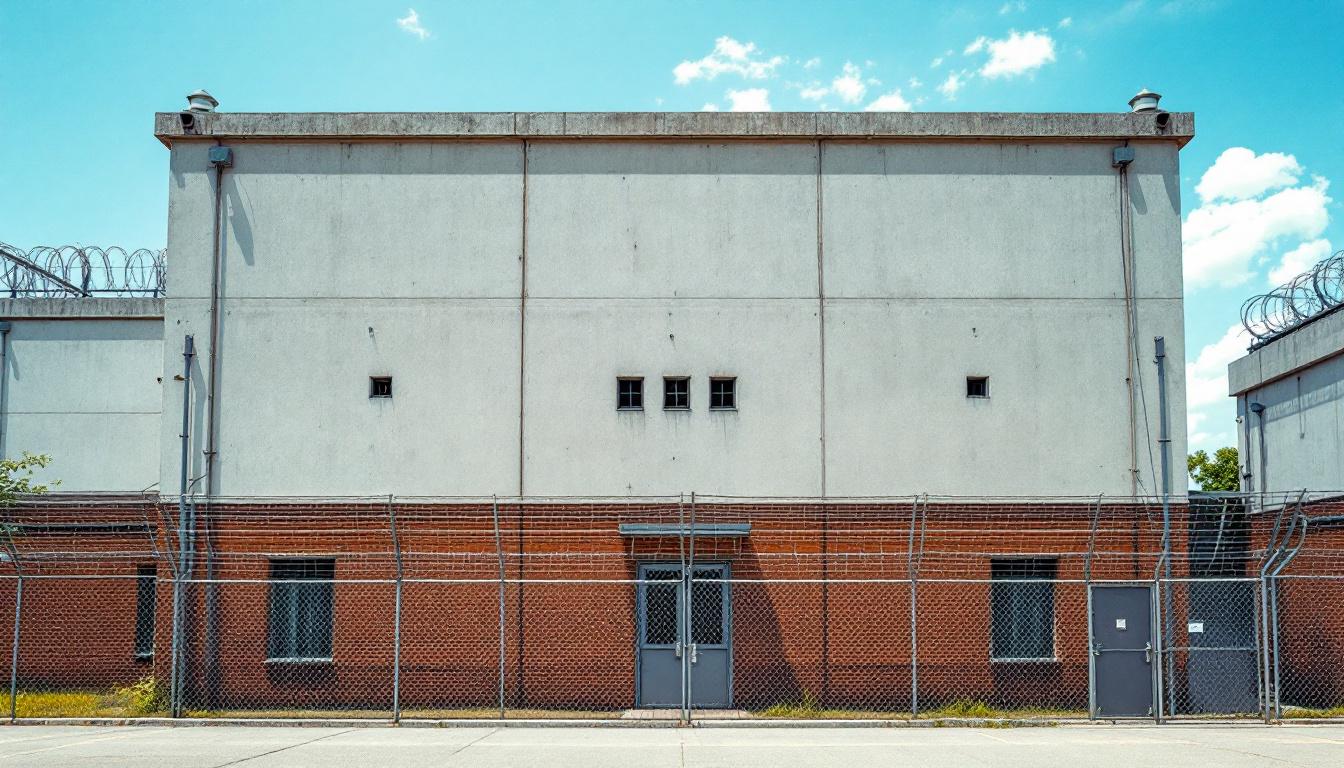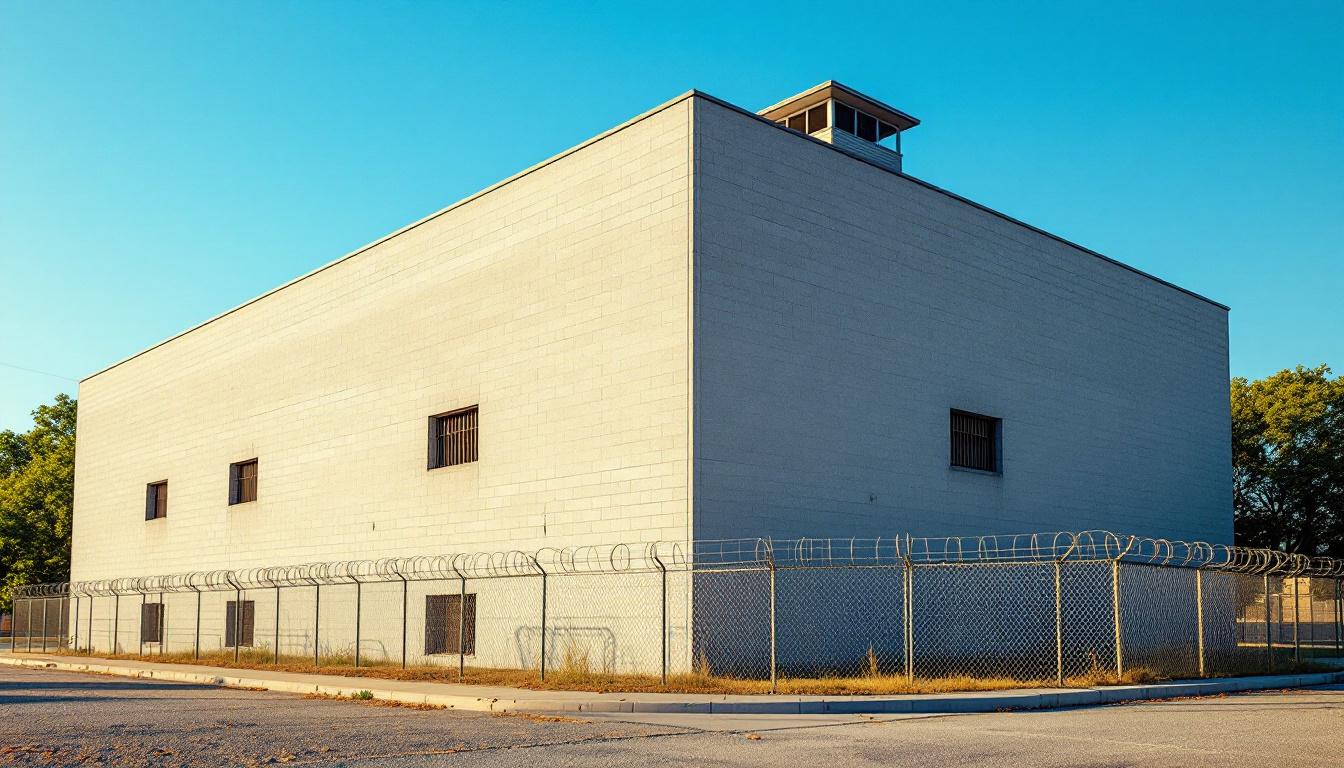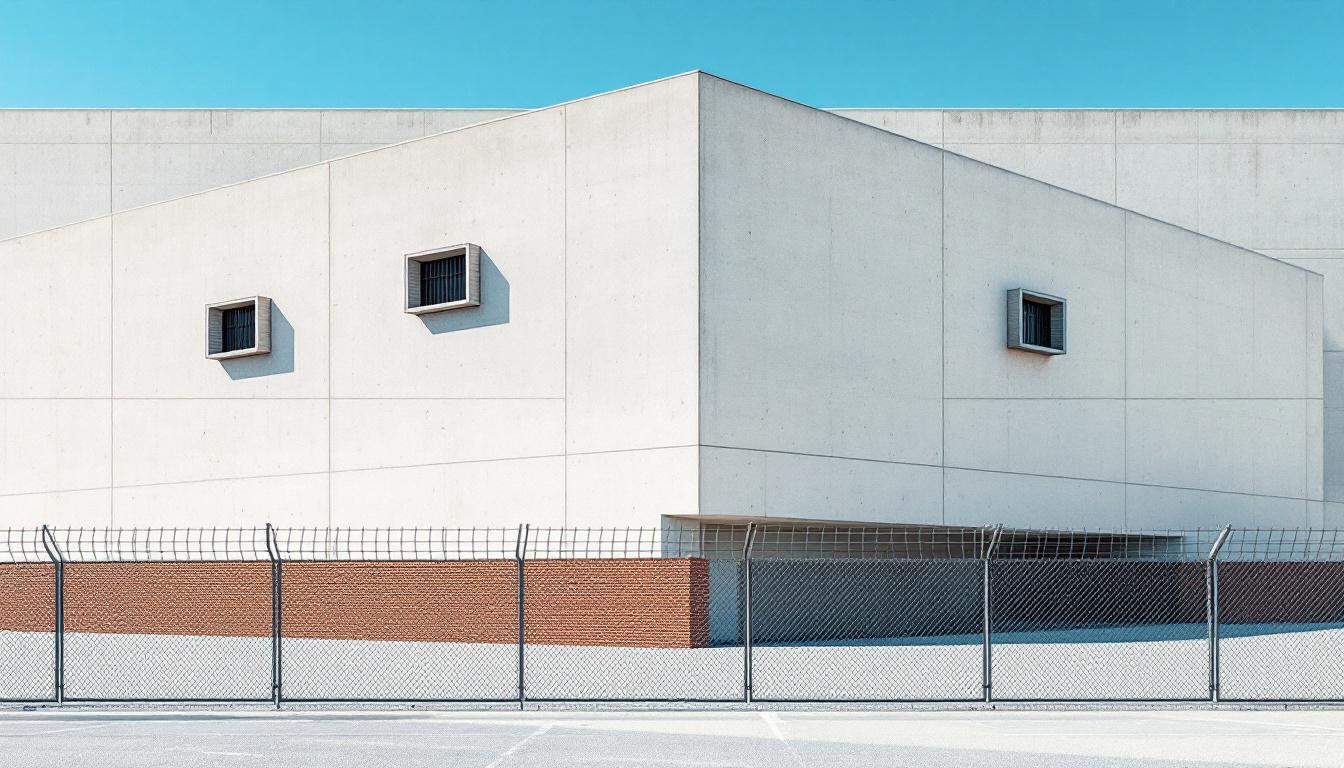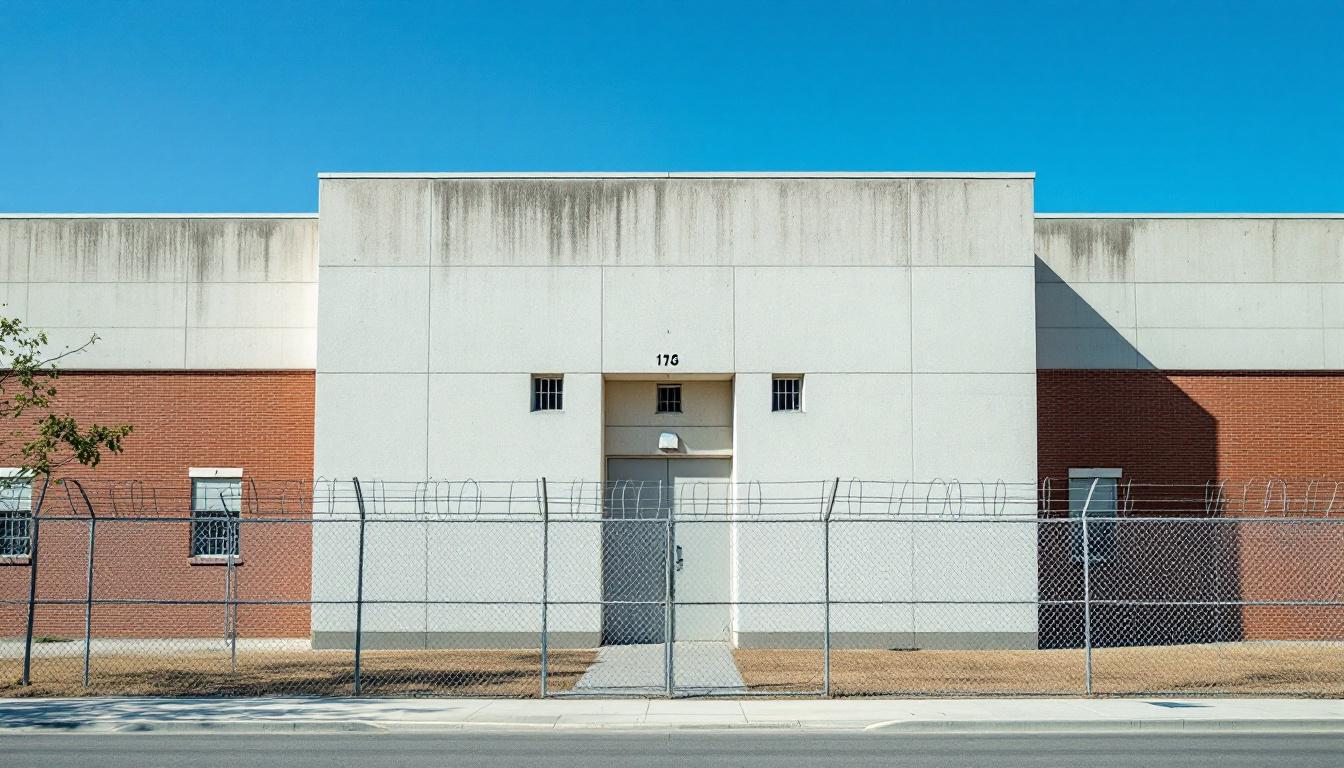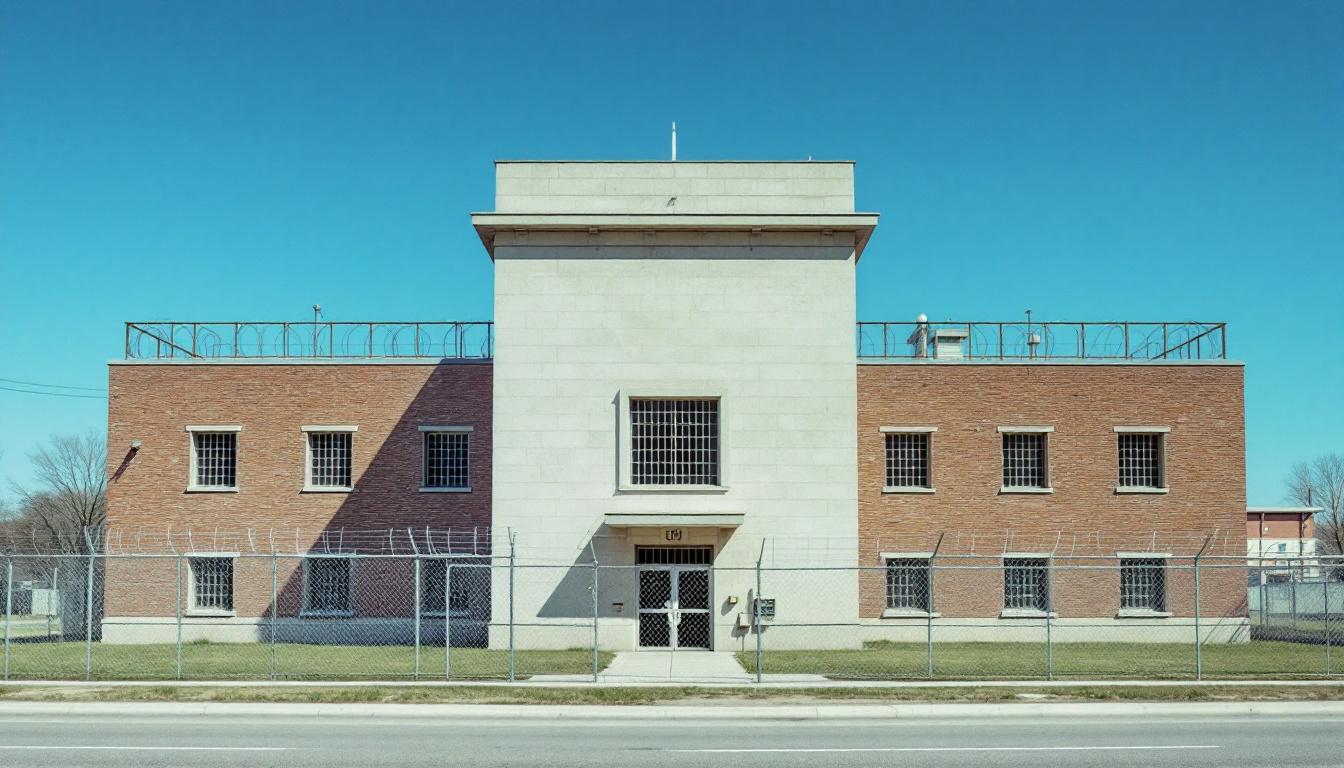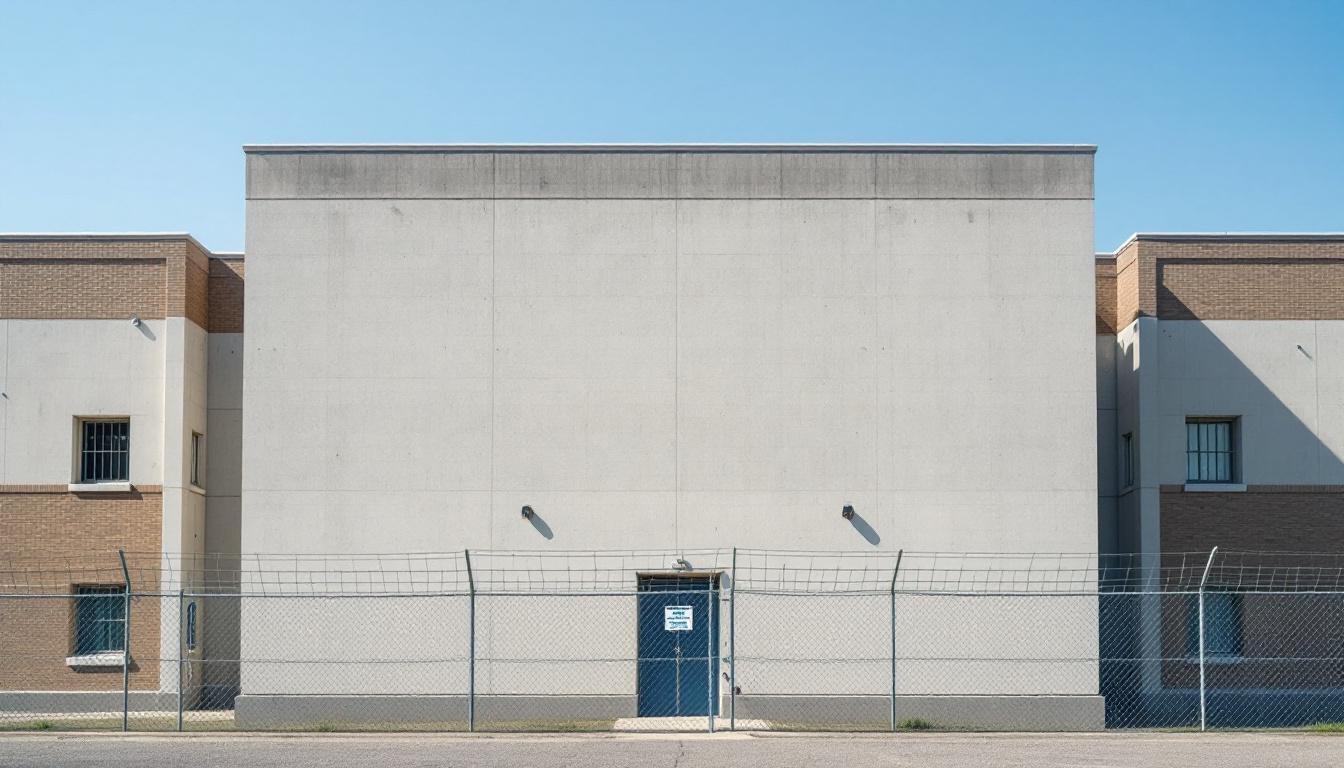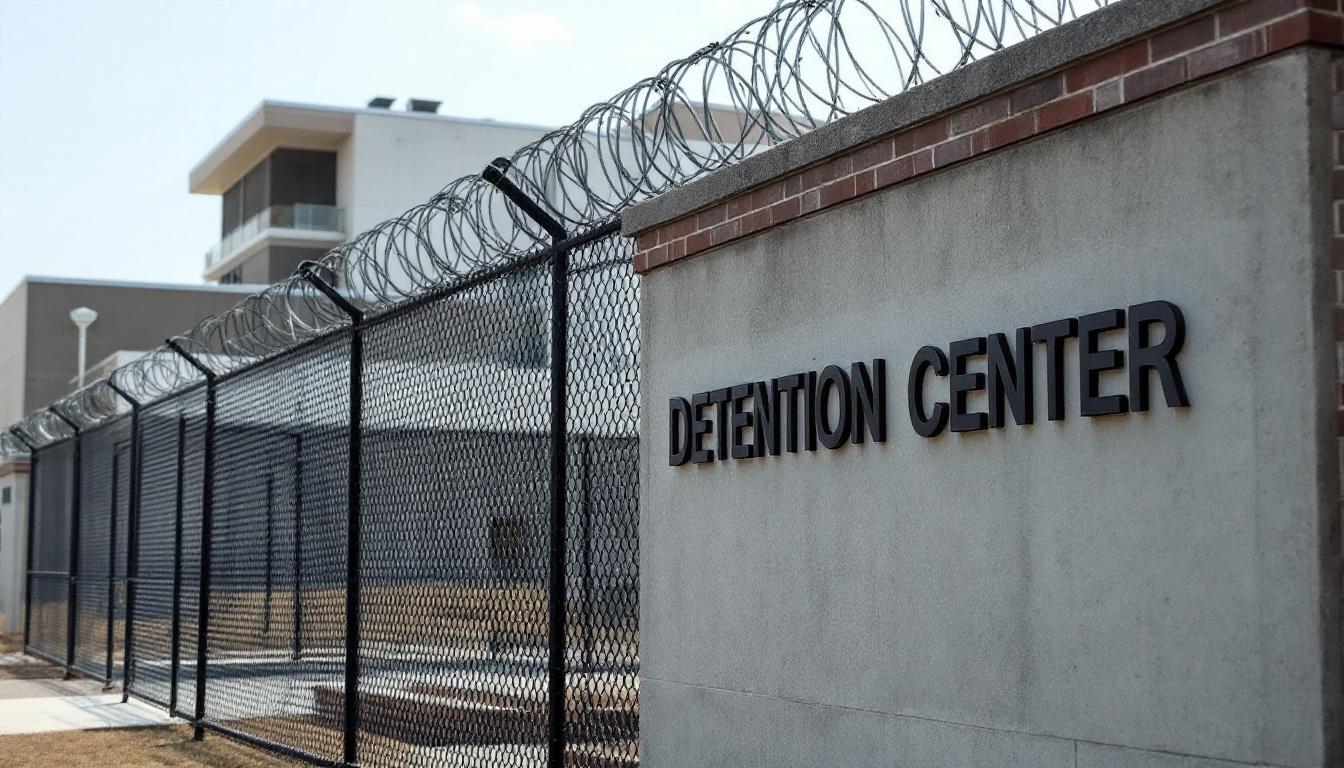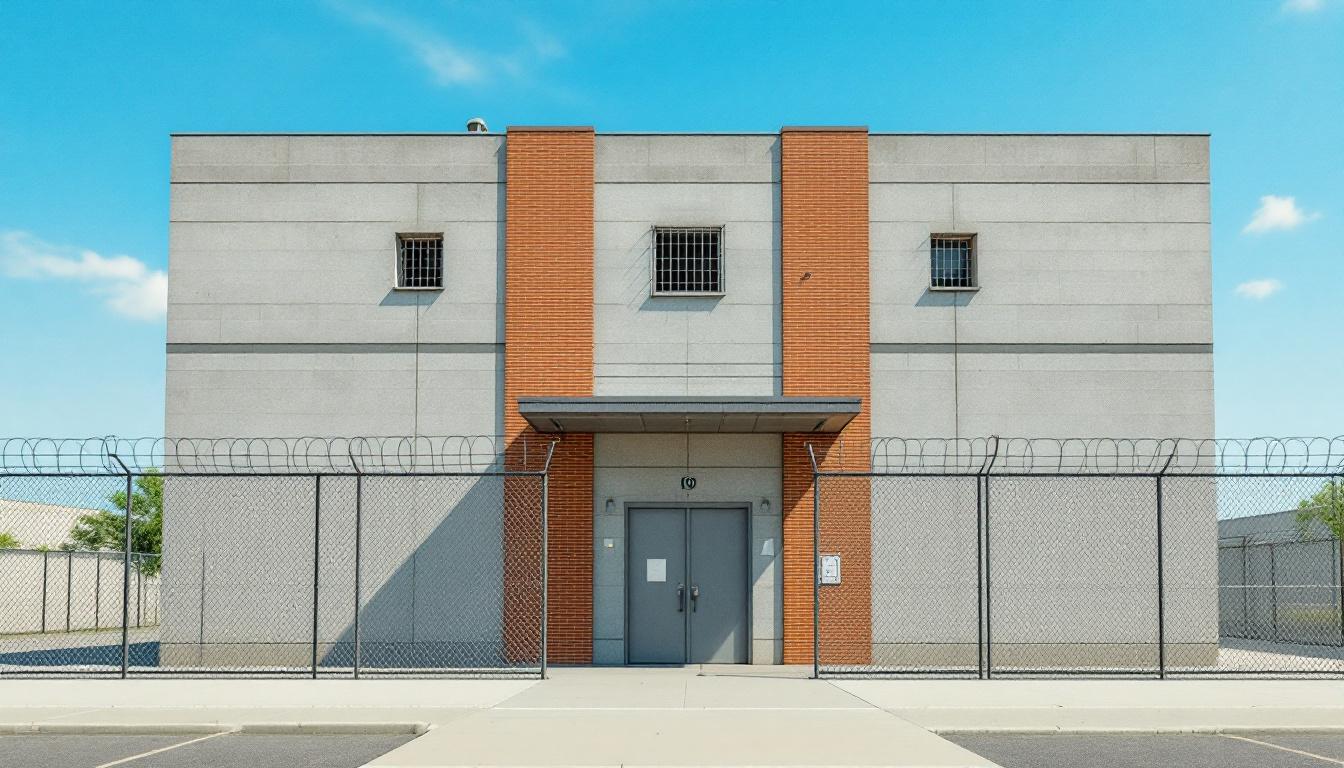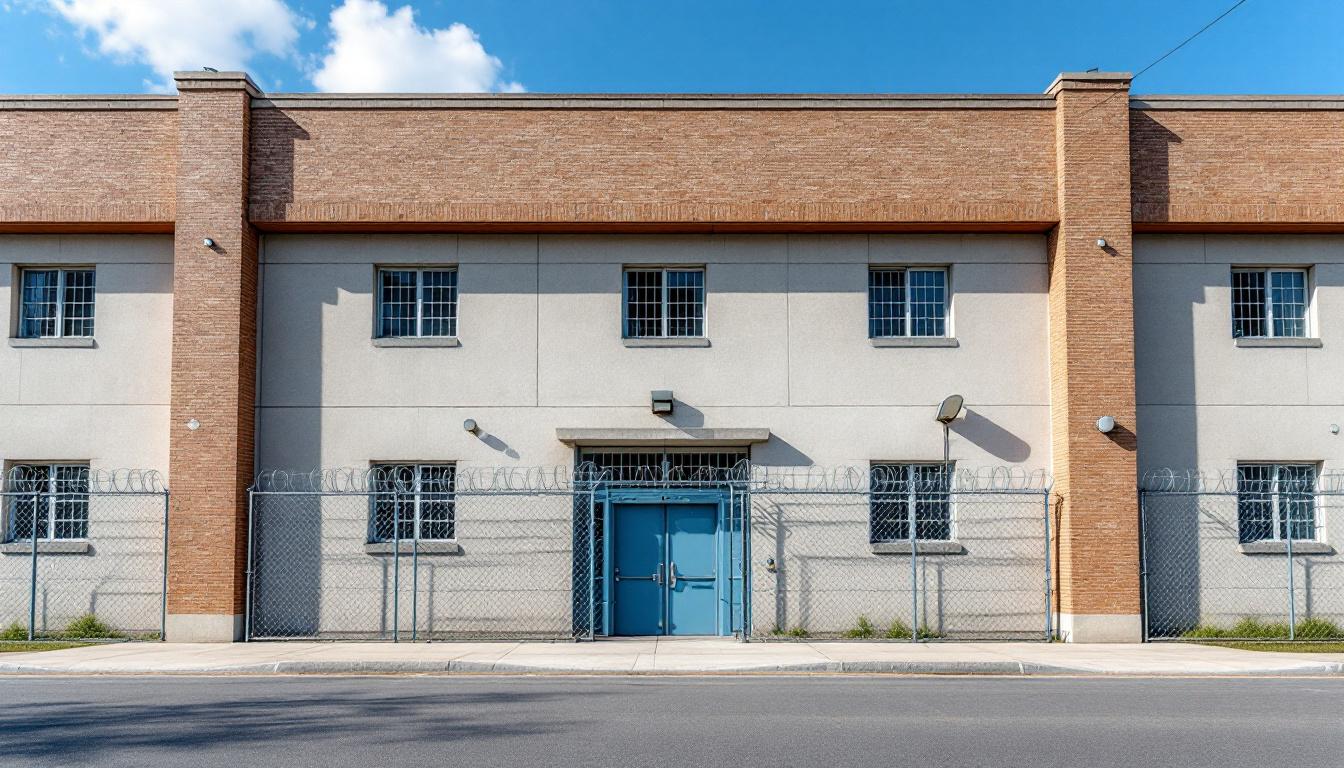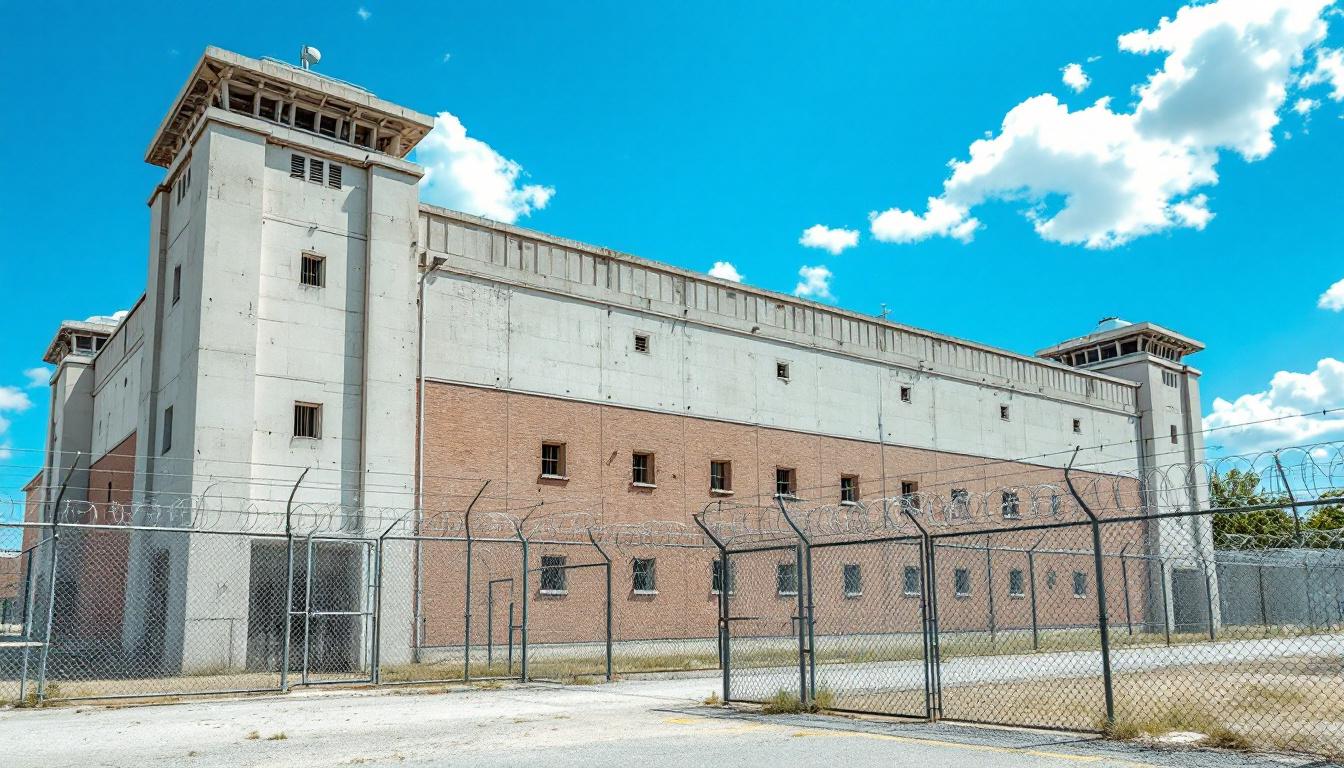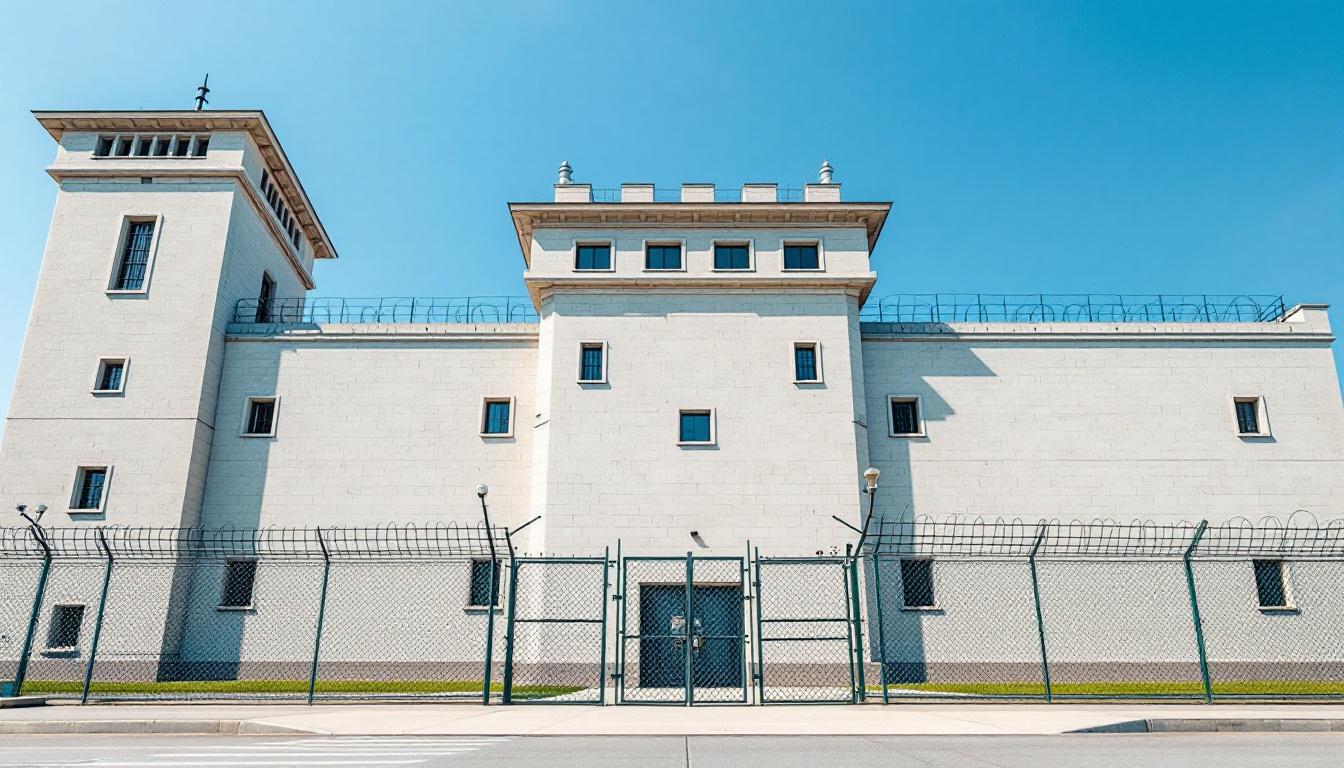
Quick Navigation
How to contact an inmate at Central Prison
This comprehensive guide will walk you through how to connect with an inmate at Central Prison. Follow the steps below to find an inmate and send letters and photos:
- Search for the inmate using our search tool below
- Create your account or log in to Penmate
- Write your message (up to 6,000 characters)
- Send instantly - inmates receive printed copies daily
Find an Inmate
Search for an inmate to start communicating today
Tip: You can search by first name, last name, or inmate ID number
To contact a person at Central Prison start by searching for the person on the official facility website. Perform a search by following these steps:
- Step 1: Enter their first name and last name into the search form and click "Search"
- Step 2: Locate their inmate record
- Step 3: Write down their Inmate ID and any housing information provided
Important! Be sure to enter the person's full name. Nicknames should not be used.
How to Send Messages to Inmates

You can use your phone or computer to send emails, letters, and photos to an inmate. Messages are sent electronically to inmate tablets or kiosks at the facility. If you would like to send a message, start by searching for an inmate at Central Prison.
Sending Photos and Postcards

A great way to send love and support to a loved one at Central Prison is to send photos and postcards. It only takes a few minutes to send photos from your phone and it makes a huge difference. You can also mail postcards with words of support and inspiration, or design your own postcard for special moments like birthdays and holidays.
Important! Be sure not to send any explicit photos or they may not be approved by the facility. You can also use a photo printing app like Penmate to make sure your photos are printed at the correct size (4x6 or 3x5) and are mailed according to the rules and regulations of Central Prison.
Frequently asked questions about Central Prison
-
How long does it take to deliver a message?
If you're sending an email message your letter is usually delivered within 24-48 hours. For messages sent via mail you should expect delivery within 3-7 days. All messages will need be approved by Central Prison.
-
How much does it cost to send a message to Central Prison?
You can send a message free using your phone or mail a message via USPS for the price of a $0.60 stamp and envelope. You can also purchase credits or e-stamps from services starting at $1.99.
-
What services can I use to contact an inmate at Central Prison?
Penmate
You can use Penmate to send letters and photos to an inmate from your phone. It's an easy way to stay in touch during your loved one's incarceration. Use the inmate locator to find an inmate's location and contact information, then you can send messages within a few minutes.
Securus messaging
Securus may be another option for communicating with an inmate at Central Prison. You can create a friends and family account and purchase credits to send messages. All messages will be reviewed and must be approved by the facility.
JPay
Some county jails and state prisons may support sending messages with JPay. You must register an account with the system, find your loved one, and purchase stamps to send messages. For some locations you can also attach photos.
Smart Jail Mail
You may also check if Smart Jail Mail is available at Central Prison. Smart Jail Mail is operated by Smart Communications and has contracted with some state and county jails. After purchasing credits, your messages and photos are sent to the facility, printed out, and then handed out to your loved one.
-
What is the mailing address of Central Prison?
Mailing address:
Central Prison
1300 Western Blvd
Raleigh, NC 27606
Phone: (919) 733-0800 -
What are the visiting hours at Central Prison?
Visiting hours at Central Prison vary by housing unit and security level. Generally, visits are scheduled on weekends and holidays, with some facilities offering weekday visits. Contact the facility directly at (919) 733-0800 or check their website for the current visiting schedule. Visits typically last 30-60 minutes and must be scheduled in advance.
-
What items are prohibited when sending mail to Central Prison?
Prohibited items typically include: cash, personal checks, stamps, stickers, glitter, glue, tape, staples, paperclips, polaroid photos, musical or blank greeting cards, hardcover books, magazines with staples, and any items containing metal or electronics. Only send letters on plain white paper with blue or black ink. Photos must be printed on regular photo paper (no Polaroids). Always check with Central Prison for their specific mail policies.
-
How do I send money to an inmate at Central Prison?
You can send money to an inmate at Central Prison through several methods: 1) Online using JPay, Access Corrections, or the facility's approved vendor, 2) Money orders mailed directly to the facility with the inmate's name and ID number, 3) Kiosks located in the facility lobby, or 4) Over the phone using a credit or debit card. Fees vary by method, typically ranging from $2.95 to $11.95 per transaction.
-
Can I schedule a video visit with an inmate at Central Prison?
Many facilities now offer video visitation as an alternative to in-person visits. At Central Prison, video visits may be available through services like Penmate, Securus Video Connect, GTL, or ICSolutions. Video visits typically cost $10-20 for 20-30 minutes and must be scheduled in advance. You'll need a computer or smartphone with a camera and reliable internet connection. Contact the facility for their specific video visitation policies and approved vendors.
-
What identification do I need to visit an inmate at Central Prison?
All visitors must present valid government-issued photo identification such as a driver's license, state ID, passport, or military ID. Minors must be accompanied by a parent or legal guardian who can provide the minor's birth certificate. Some facilities require visitors to be on the inmate's approved visitation list, which may require a background check. Contact Central Prison for specific ID requirements and visitor approval procedures.
-
How can I find out an inmate's release date?
To find an inmate's release date at Central Prison, you can: 1) Use the online inmate search tool if available, 2) Call the facility's records department, 3) Contact the inmate's case manager or counselor, or 4) Have the inmate provide this information during a call or visit. For privacy reasons, some facilities only release this information to immediate family members.
Facility Overview
Official Website
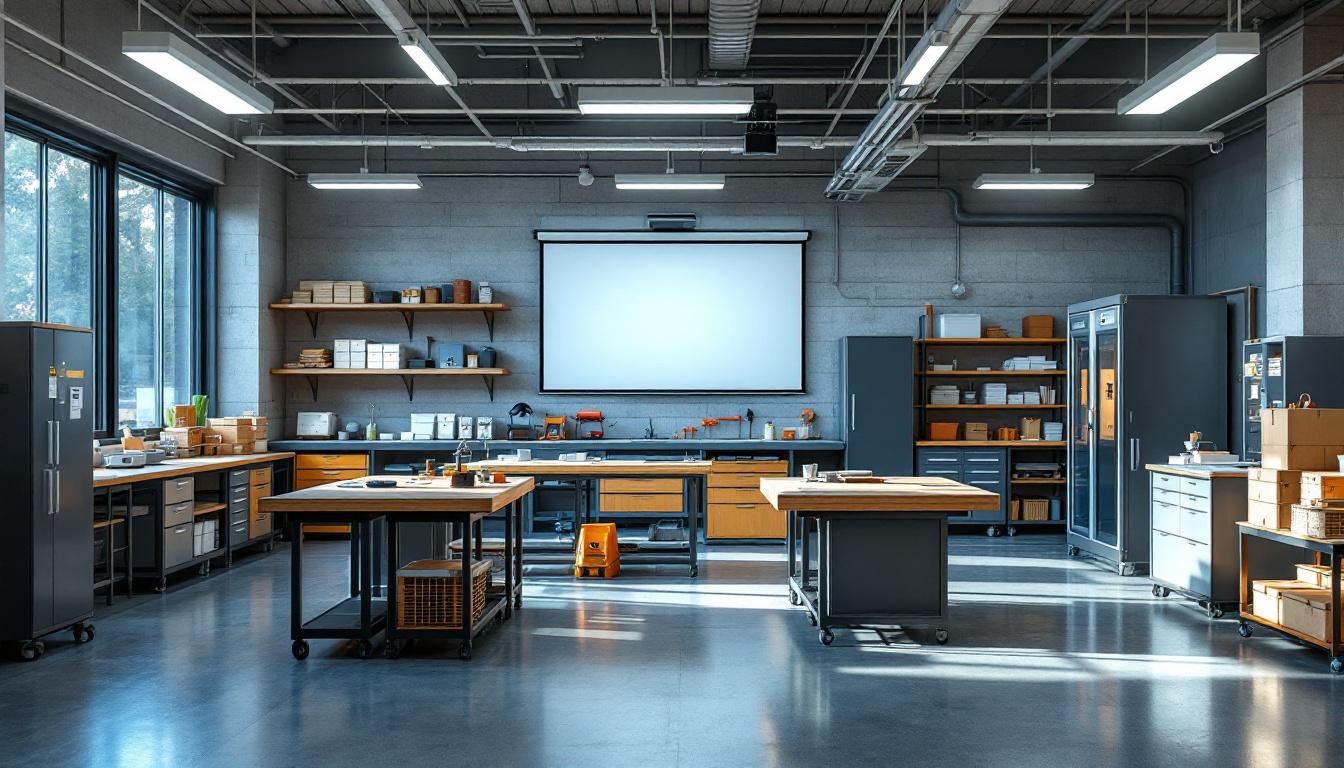
About Central Prison
Strengthening communities across North Carolina begins with meaningful connections between correctional facilities and the neighborhoods they serve, and CENTRAL PRISON in Phoenix exemplifies this community-centered approach through comprehensive support systems designed to break cycles of recidivism. This NC correctional facility operates with a clear understanding that successful reentry depends on building bridges between incarcerated individuals and their home communities, fostering relationships that extend well beyond prison walls to create lasting positive outcomes for families throughout the region.
Located in the rural landscape of Phoenix, North Carolina, this state prison typically serves as a significant component within the state’s correctional network, housing inmates while maintaining focus on rehabilitation and community integration. The facility generally emphasizes evidence-based practices in offender management, recognizing that effective support during incarceration directly correlates with reduced recidivism rates and stronger community safety. Inmates services may include educational programming, vocational training opportunities, and counseling support designed to address underlying factors that contribute to criminal behavior, with particular attention to preparing individuals for successful reintegration into their home communities.
Phoenix’s geographic setting provides comprehensive opportunities for community partnerships that often enhance the facility’s rehabilitation mission, as rural environments frequently offer different pathways for meaningful engagement between correctional programs and local organizations. The prison’s approach to offender management typically incorporates both accountability measures and supportive interventions, understanding that lasting behavioral change requires comprehensive programming that addresses individual needs while building skills essential for community success upon release.
Programs & Services
Personal growth becomes possible when inmates have access to comprehensive rehabilitation services designed to address multiple aspects of their lives. Central Prison typically focuses on providing inmates with practical skills and therapeutic support that can help them successfully reintegrate into their communities. The facility’s approach often emphasizes building both personal responsibility and the tools necessary for long-term success.
Educational services may provide inmates with opportunities to complete their high school equivalency or pursue higher learning through distance learning options. These academic programs often work alongside vocational training services that teach practical job skills in areas such as building maintenance and other trades. The combination of education and hands-on training typically helps inmates develop both the knowledge and practical abilities they need for employment after release.
Support services often include housing assistance programs that help inmates prepare for the transition back to community living. Also, substance abuse programs may provide therapeutic intervention for those struggling with addiction issues. These services typically work together to address the underlying challenges that may have contributed to an inmate’s incarceration, offering a comprehensive approach to rehabilitation and personal development.
Daily Life & Visitation
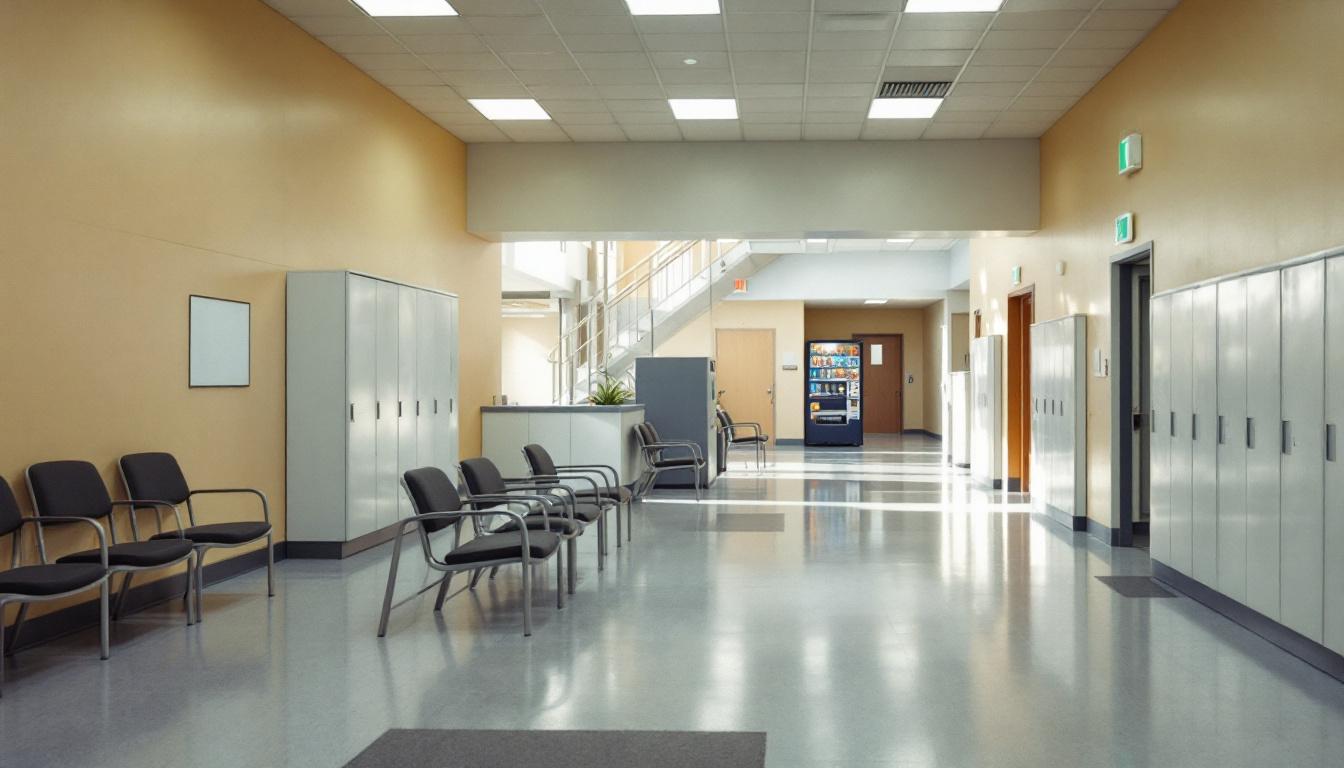
The concrete walls and steel doors of housing units at Central Prison define the physical boundaries where inmates now structure their daily existence. Inmates regularly wake to count times and move through scheduled activities that provide routine within the facility’s secure environment. Cell blocks typically house multiple inmates per unit, with common areas where residents gather for meals and programming activities.
Living accommodations generally include basic furnishings and storage space for approved personal items that inmates may purchase through the commissary system. Housing units often feature dayrooms where inmates can watch television, play games, or participate in educational programs during designated hours. However, movement between areas requires security clearance and adherence to facility protocols that govern daily activities.
Also available are work assignments in areas such as kitchen services, maintenance, or facility operations that provide structure and may offer modest compensation. Recreation opportunities typically include outdoor exercise periods and access to library services when scheduling permits. Family connections remain important through visitation programs and telephone privileges that help inmates maintain relationships with loved ones outside the facility walls.
Ready to Connect?
Start communicating with your loved one today
Search for an Inmate
